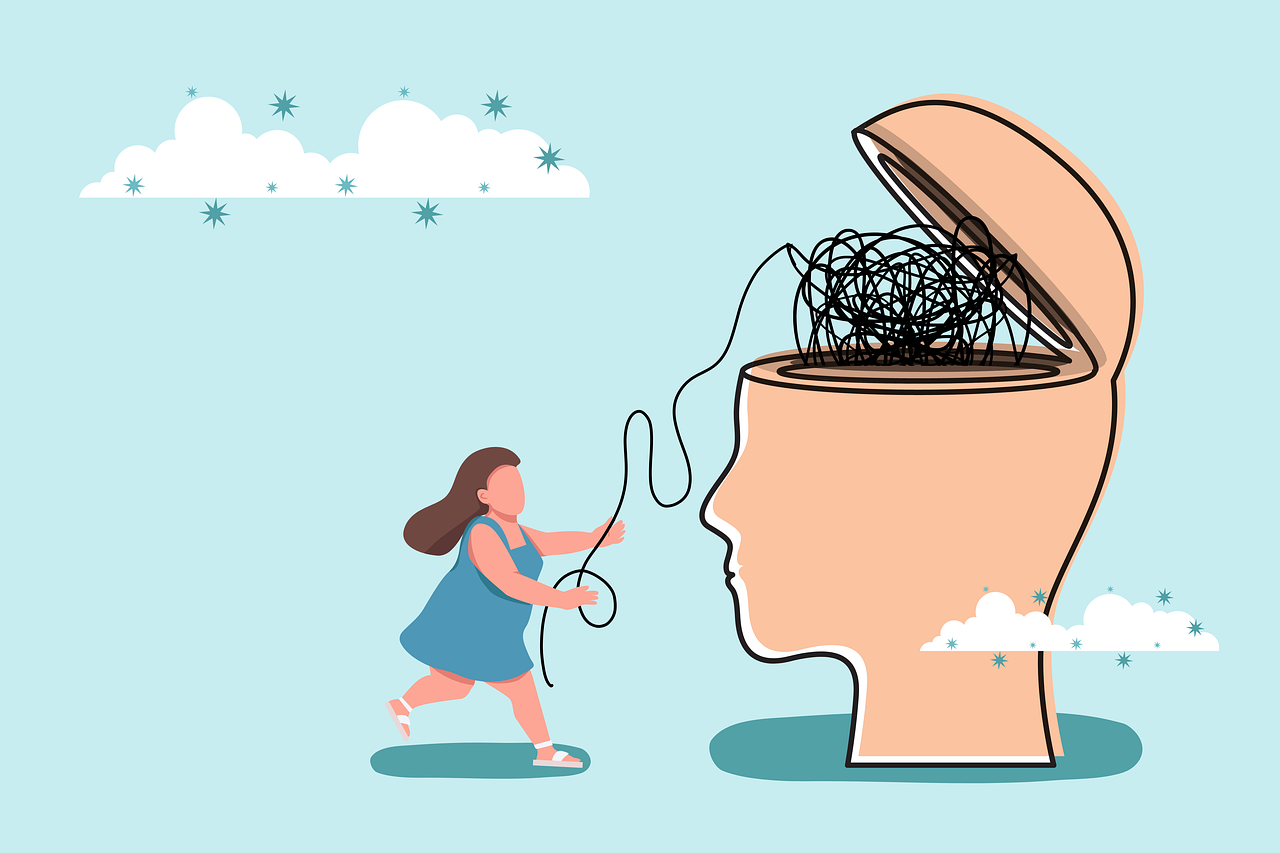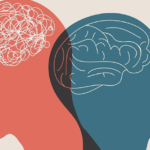1. Anxiety
2. Depression
3. Personality Disorder
4. Obsessive-Compulsive Disorder
Obsessive-Compulsive Disorder (OCD) is a common, chronic and long-lasting disorder in which a person has uncontrollable, reoccurring thoughts (obsessions) and behaviors (compulsions) that he or she feels the urge to repeat over and over.
Signs and Symptoms
People with OCD may have symptoms of obsessions, compulsions, or both. These symptoms can interfere with all aspects of life, such as work, school, and personal relationships.
Obsessions are repeated thoughts, urges, or mental images that cause anxiety. Common symptoms include:
- Fear of germs or contamination
- Unwanted forbidden or taboo thoughts involving sex, religion, and harm
- Aggressive thoughts towards others or self
- Having things symmetrical or in a perfect order
Compulsions are repetitive behaviors that a person with OCD feels the urge to do in response to an obsessive thought. Common compulsions include:
- Excessive cleaning and/or handwashing
- Ordering and arranging things in a particular, precise way
- Repeatedly checking on things, such as repeatedly checking to see if the door is locked or that the oven is off
- Compulsive counting
Not all rituals or habits are compulsions. Everyone double checks things sometimes. But a person with OCD generally:
- Can’t control his or her thoughts or behaviors, even when those thoughts or behaviors are recognized as excessive
- Spends at least 1 hour a day on these thoughts or behaviors
- Doesn’t get pleasure when performing the behaviors or rituals, but may feel brief relief from the anxiety the thoughts cause
- Experiences significant problems in their daily life due to these thoughts or behaviors
Some individuals with OCD also have a tic disorder. Motor tics are sudden, brief, repetitive movements, such as eye blinking and other eye movements, facial grimacing, shoulder shrugging, and head or shoulder jerking. Common vocal tics include repetitive throat-clearing, sniffing, or grunting sounds.
People who have experienced abuse (physical or sexual) in childhood or other trauma are at an increased risk for developing OCD. In some cases, children may develop OCD or OCD symptoms following a streptococcal infection—this is called Pediatric Autoimmune Neuropsychiatric Disorders Associated with Streptococcal Infections (PANDAS).
- DR. ANASWARA DEV





